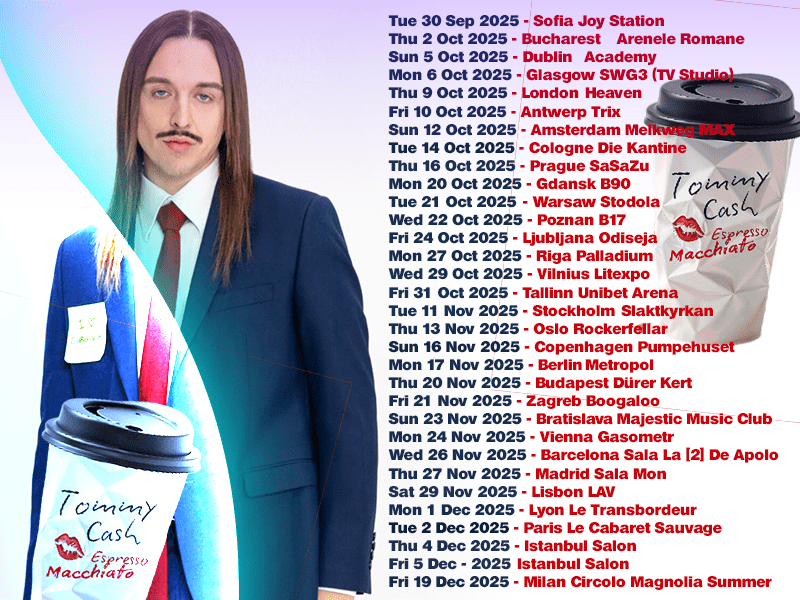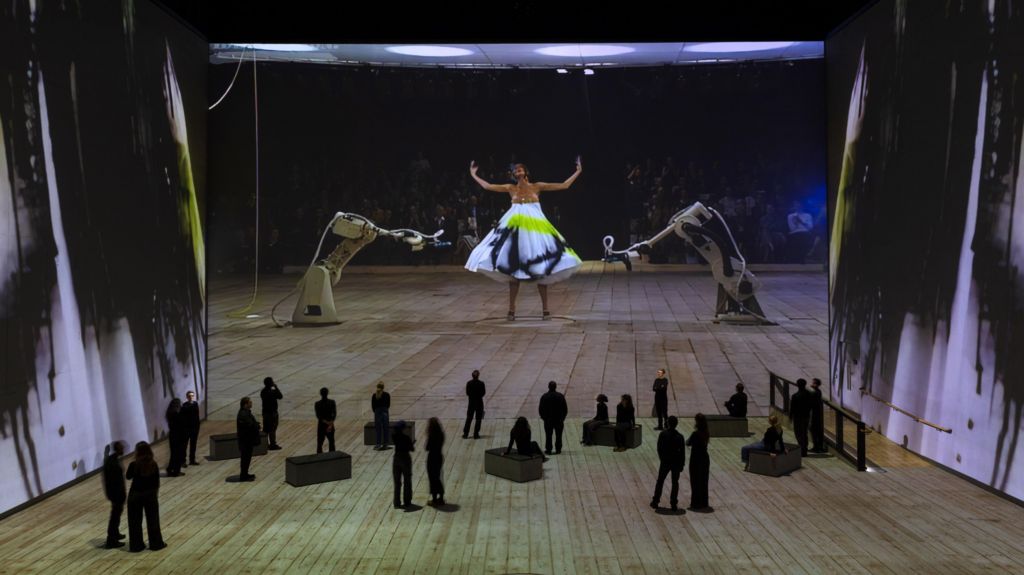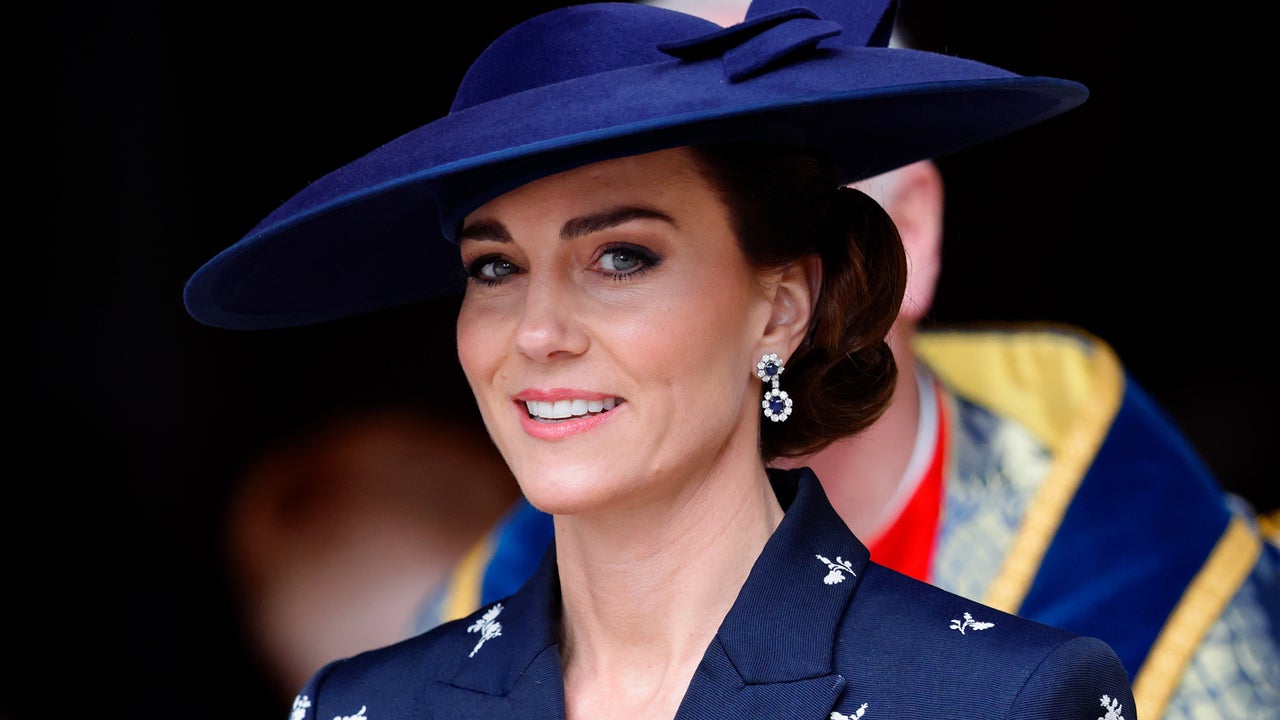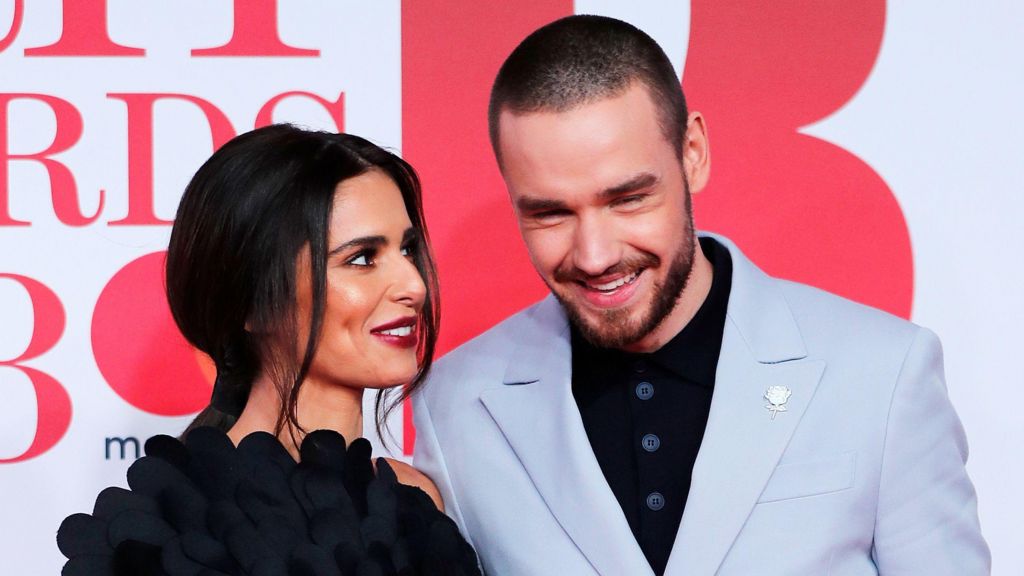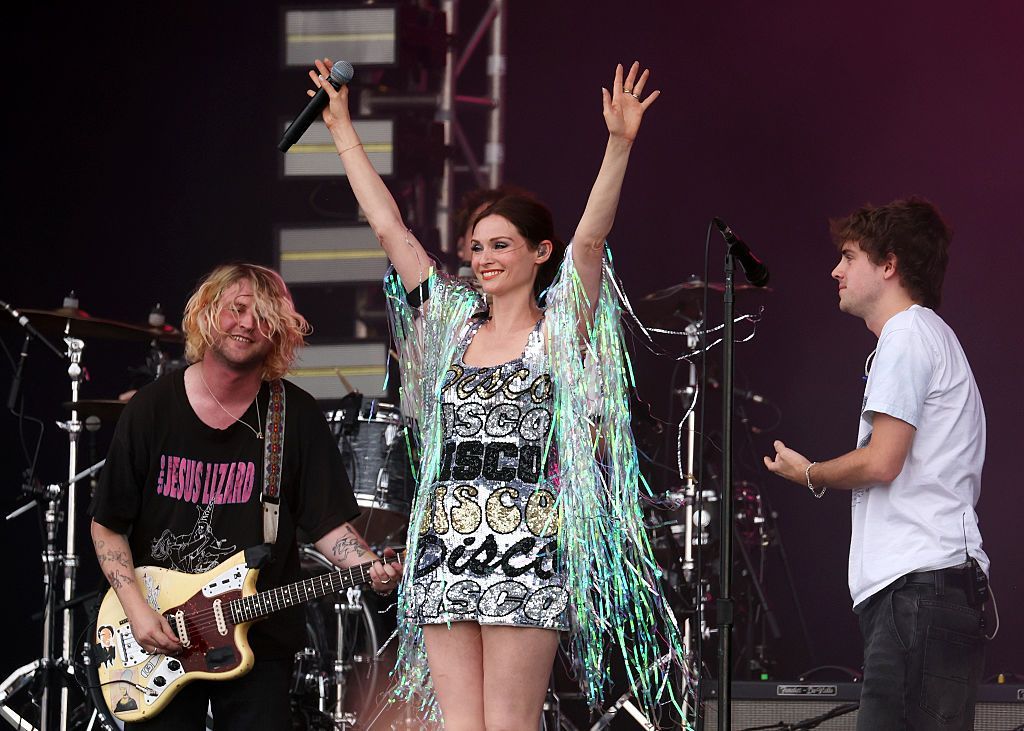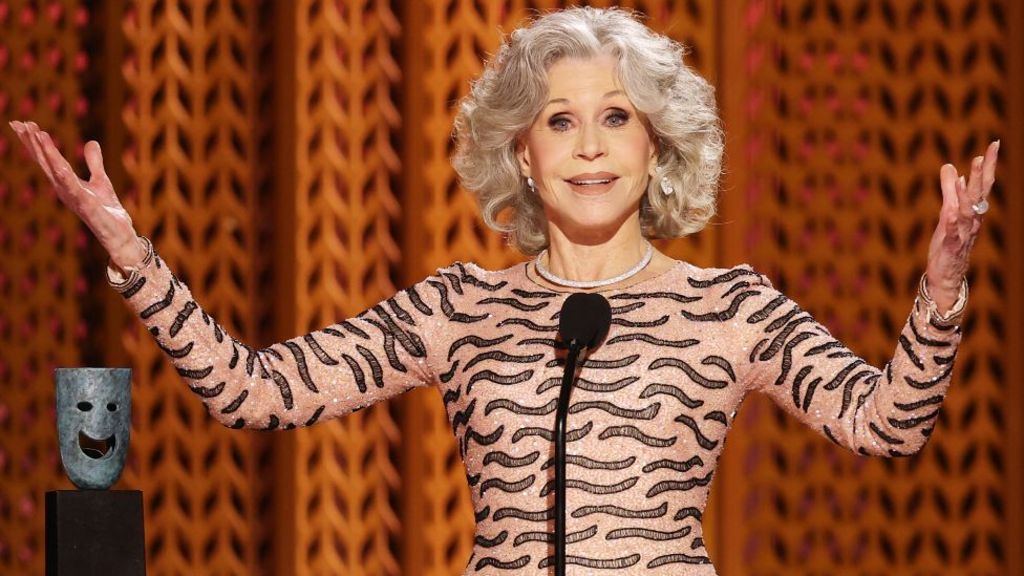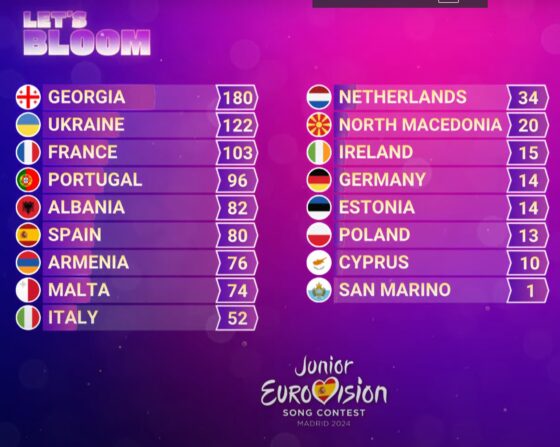Eurovision 2024 in Malmö drew headlines beyond the music because of the protests against Israel’s participation, withdrawal threats before the Grand Final and a historic disqualification of the Netherlands’ artist Joost Klein. Following the debacle, there were repeated calls for structural changes in the contest’s organisational team at the EBU — a sentiment echoed by the conclusions of an independent investigation.
Now, it has been revealed that Martin Österdahl will stay on as Eurovision Executive Supervisor for 2025, but with newly created positions alongside him to help bolster the leadership team, which the Swedish television producer has welcomed.
In an interview with Swedish Radio, EBU Media Director, Jean Philip De Tender, confirmed that Martin Österdahl stays on as Executive Supervisor. The tasks of the Executive Supervisor will be spread out to more roles, such as the new ESC Director, who will be appointed in the next couple of weeks.
The ESC Director’s responsibility will be of a more strategic manner, with the Executive Supervisor focusing solely on the production of Eurovision and more hands-on matters during the contest.
Commenting on the controversial events surrounding this year’s contest and what the EBU’s investigation led by an independent expert concluded, De Tender noted:
“When the Eurovision Song Contest started almost 70 years ago, our agreements with the artists were on one page, today they are on hundreds of pages. We need to be clearer and really work to ensure that everyone participating in the event understands what they are getting into.
“The new updated rules do not change anything regarding Israel’s participation, as the rule is still that as long as the broadcasting TV company can demonstrate that they are an independent public service company, they are allowed to participate.
“Eurovision must continue to be a non-political event in the same spirit as the Olympic Games.”

Martin Österdahl supports changes
Eurovision Executive Supervisor Martin Österdahl welcomes the announcement of the organisational changes in the EBU.
“These reinforcements are needed“, says Martin Österdahl in an interview with Swedish newspaper Aftonbladet.
The new role of ESC Director will oversee Martin Österdahl’s work, as well as take over some of his longer-term duties. But Österdahl does not see it as stepping aside. In the future, his managerial role also means participating in the new working group that will work with crisis management and crisis communication.
“The Eurovision Song Contest has grown explosively, not least during the last four years, and the event has in many ways grown out of our organisation”, says Österdahl.
“If we compare ourselves to a larger sporting event that has the same amount of media pressure, we have probably been a bit naïve on Eurovision’s part and not really had the resources we need.”
Booed by the crowd
Eurovision in Malmö 2024 was characterised by protests against Israel’s participation, threats of withdrawal and the disqualification of the Dutch entry during Eurovision week. Martin Österdahl was booed by a frustrated audience in the arena during the Grand Final.
“My focus was that we would get through these last-minute changes, that they would be seamless and that everyone would come out of it with their skin intact. If an outlet for the frustration and disappointment was needed, then booing towards me is perfectly fine. The main thing was that no one was hurt”, he says.
Middle East issue is complicated
Martin Österdahl is proud that Eurovision 2024 had high viewing figures and that the competition created great engagement. He points out that Eurovision has lived with “geopolitical tensions” throughout the years, but that it was especially difficult in Malmö.
“The Middle East issue is complicated. They struggle with it in the White House and at 10 Downing Street, so it is clear that it is difficult for an organisation like the EBU as well. I don’t have definitive answers as to how we will solve it in the future, but that the decision-making mandate becomes clearer and that communication improves, that is what we will concentrate on.”
– Some artists threatened to quit. Will the new working group work to counter such things?
“During the summer and autumn, we will review how the communication within the member organisation works and make sure that all information gets through all the way. From the highest delegation, to the head of delegation, to the artists. There was obviously a lack of clear communication”, says Martin Österdahl.
The EBU will take measures to make the line of decision clearer to the public regarding the rules of participation for countries, and who ultimately make the decisions as to which countries are allowed to participate or not.
Joost Klein would be welcome again
During his interview with Swedish Radio, Jean Philip De Tender was also asked if the disqualification of Joost Klein from Eurovision 2024 would impact the chances of the Dutch artist’s rumoured return to the 2025 competition.
“That is a decision that AVROTROS (the Dutch broadcaster) would have to make. If they want to submit an entry, that abides by the rules, I see no reason as to why he would be excluded.”


